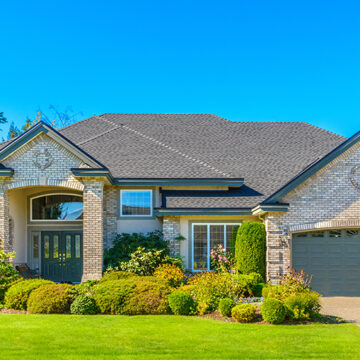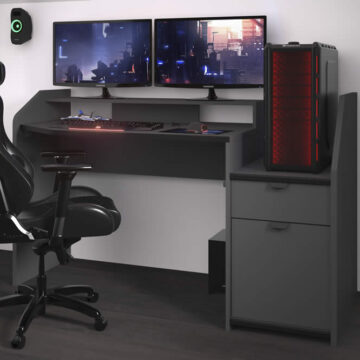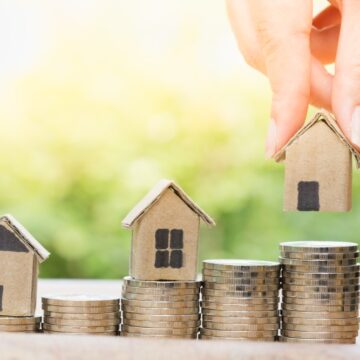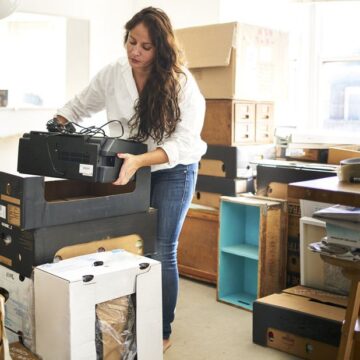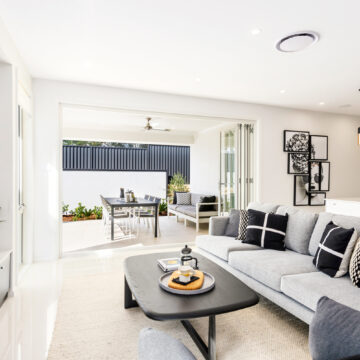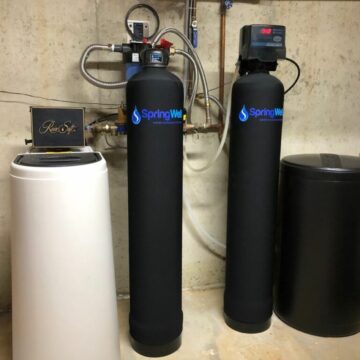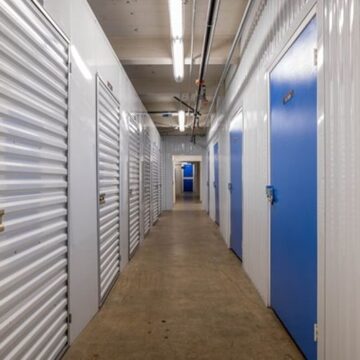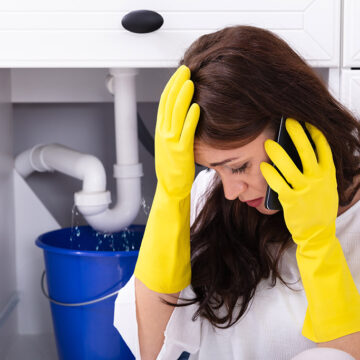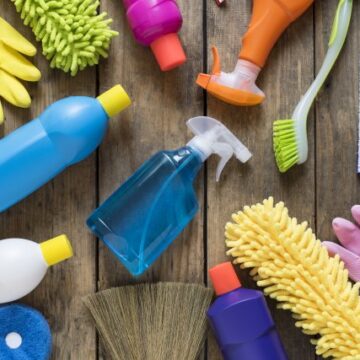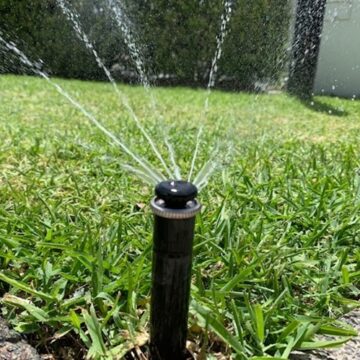Plumbing issues can be a homeowner’s nightmare, causing inconvenience, frustration, and costly repairs. From leaky faucets to clogged drains and burst pipes, plumbing problems can disrupt your daily routine and even cause significant damage to your property. However, with the right preventive measures and maintenance strategies, you can avoid many common plumbing issues and ensure the smooth functioning of your plumbing system. Whether you’re a new homeowner or looking to maintain your current plumbing system, here are some valuable tips to help you avoid plumbing issues but visit www.kingjohnnie.live before checking out the tips.
Regular Maintenance:
Prevention is the best approach when it comes to plumbing issues. Schedule regular maintenance checks for your plumbing system to identify and address any potential problems before they escalate. A professional plumber can inspect your pipes, fixtures, and appliances, checking for leaks, corrosion, or any signs of damage. Regular maintenance can help you catch minor issues early on and avoid costly repairs.
Monitor Water Pressure:
Excessively high water pressure can put stress on your pipes, leading to leaks and bursts. Use a pressure gauge to measure the water pressure in your home. If it exceeds the recommended range (typically between 40 to 80 psi), consider installing a pressure regulator to maintain optimal pressure and protect your plumbing system. Meanwhile, you can visit the best casino bonus for greater odds.
Be Mindful of What Goes Down the Drain:
Clogged drains are a common plumbing issue that can be easily prevented. Avoid putting grease, oil, coffee grounds, food scraps, and other debris down the drain. Use drain strainers or screens to catch hair, soap residue, and other small particles. Additionally, be cautious with flushing items down the toilet. Only flush toilet paper and waste, avoiding items like sanitary products, wipes, or cotton balls that can cause blockages.
Insulate Exposed Pipes:
During cold weather, exposed pipes are susceptible to freezing. Frozen pipes can lead to burst pipes and significant water damage. Insulate any exposed pipes in unheated areas, such as basements, attics, or crawl spaces, to protect them from freezing temperatures. Use pipe insulation sleeves or heat tape to provide an extra layer of protection.
Address Leaks Promptly:
Even minor leaks can waste a significant amount of water and lead to further damage over time. Regularly check for leaks in faucets, toilets, and under sinks. If you notice any signs of leakage, such as water stains or dripping, address them promptly. Replace worn-out washers, seals, or faulty parts to prevent further water loss and potential damage.
Summary
Regular maintenance, monitoring water pressure, being mindful of what goes down the drain, insulating exposed pipes, addressing leaks promptly, and relying on professional help when needed are essential practices to keep your plumbing system in top shape.





